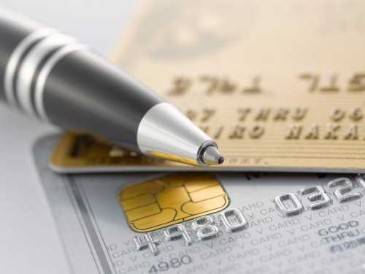Are you filing bankruptcy in Georgia and have questions? Check out these 4 common bankruptcy questions, then give our office a call to get started.
1. If my spouse files a bankruptcy, will that affect my credit if they have a lot of debt but I do not?

2. Should I file for bankruptcy if I’m falling behind on my mortgage payments?
I received a call from an individual the other day concerning delinquent mortgage payments in Georgia. A Chapter 13 bankruptcy is an ideal mechanism to catch up on delinquent payments in a mortgage. A Chapter 13 bankruptcy lasts between three to five years. If, for instance, you are two or three months behind on your mortgage and the mortgage company is threatening to foreclose, a Chapter 13 would give you a period of time up to five years to catch up on those mortgage payments. You would take your delinquent payments and divide it by either 36 or 48 or 60, whatever length and term of your plan might be, and that is the amount of the delinquency that you would pay inside the bankruptcy. In any sort of bankruptcy, whether it’s a Chapter 7 or 13, you would still have to make your current payments. The month after you file, you would have to begin making your current monthly payments. If you are entitled to catch up your monthly payments in a Chapter 13, you don’t get to catch up your monthly payments in a Chapter 7 necessarily.
3. What should I do after a bankruptcy to start rebuilding my credit?
We have a lot of questions from our clients as to how you can rebuild credit after filing a bankruptcy. That is a very straightforward position. You have to incur debt in order to rebuild your credit. The first thing you might do is get a credit card, maybe it’s a secure credit card where you pay down and pay a deposit of $500 or so on a credit card in order to then use the credit card up to a limit of $500. Something as simple as that helps to build your credit report. You could have a relative cosign with you on an automobile note and that, again, helps to rebuild your credit. The main thing you’ve always got to think about in any sort of bankruptcy proceeding is that credit is what got you into trouble to start with. You want to be very judicious on how you reestablish your credit and how much you actually borrow, because the most important thing from any credit report is making timely payments.
4. What will a bankruptcy do to my credit report?
Many times, people ask us what a bankruptcy will do to their credit report. The answer is it depends. Many people who come to us to file a bankruptcy already have bad credit reports because they’re delinquent on their payments or they’ve missed a few payments. If you missed a payment, missed a couple of payments, your credit report is already what I would call delinquent. In that instance, a bankruptcy really does not necessarily adversely affect your credit report tremendously. A bankruptcy will be shown up on your credit report. Again, a Chapter 7 is on your credit report for ten years, and a Chapter 13 is on your credit report for seven years. The real question always to me is what you are doing to rehabilitate yourself and to get yourself into a better financial situation. Any bankruptcy is supposed to help you look to the future and rehabilitate yourself so that you do have good credit in the future.
Are you or a loved one in the process of filing for bankruptcy in Georgia and have questions? Contact the experienced Georgia bankruptcy attorneys at Hall & Navarro today for a consultation and case evaluation. We can help get your life back on track.


